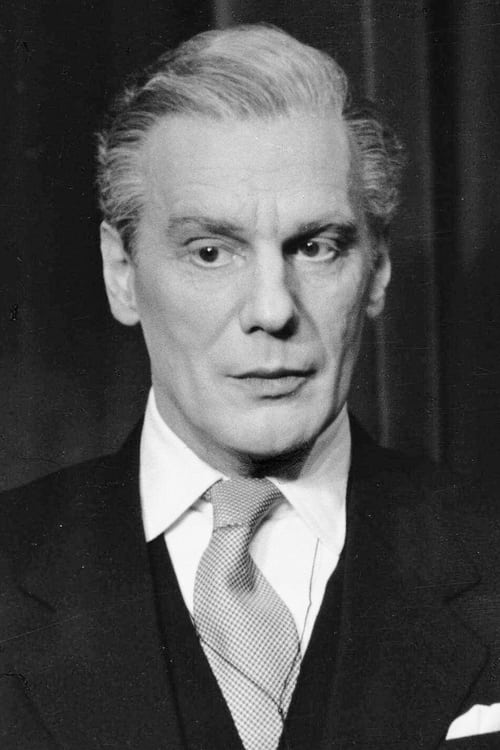
Gustaf Gründgens (22 December 1899 – 7 October 1963), born Gustav Heinrich Arnold Gründgens, was one of Germany's most famous and influential actors of the 20th century, and artistic director of theatres in Berlin, Düsseldorf, and Hamburg. His career continued unimpeded through the years of the Nazi regime; the extent to which this can be considered as deliberate collaboration with the Nazis is ho...
Explore all movies appearances

Film journalist and critic Rüdiger Suchsland examines German cinema from 1933, when the Nazis came into power, until 1945, when the Third Reich collapsed. (A sequel to From Caligari to Hitler, 2015.)
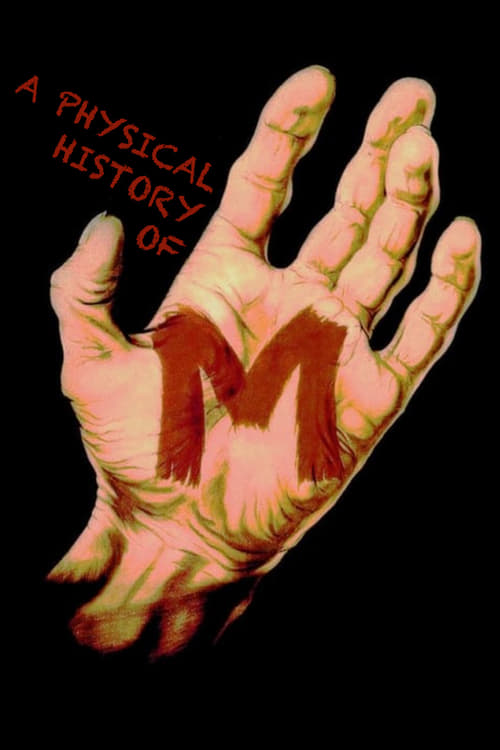
This documentary traces the "physical history" of Fritz Lang’s M, from its production and original distribution to the digital restoration used as the basis for this edition. It includes a look at the French-language version of M but was produced before the discovery of the English-language version.
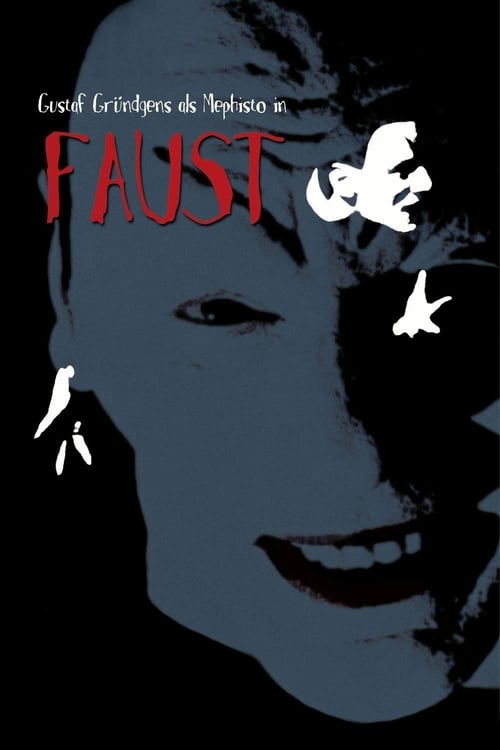
In 1957 Gustaf Gründgens staged a new production of Goethe's Faust in which he once again played Mephisto, a part he had played since 1932. The brilliant production was a huge success and ran for a couple of years. In 1959 Peter Gorski captured the performance on film in his directorial film debut. Basically it is a registration of the production, but Gorksi did manage to accentuate the details of the acting by using enough medium and close-up shots which give a view on the acting you normally would not able to see in a theater.
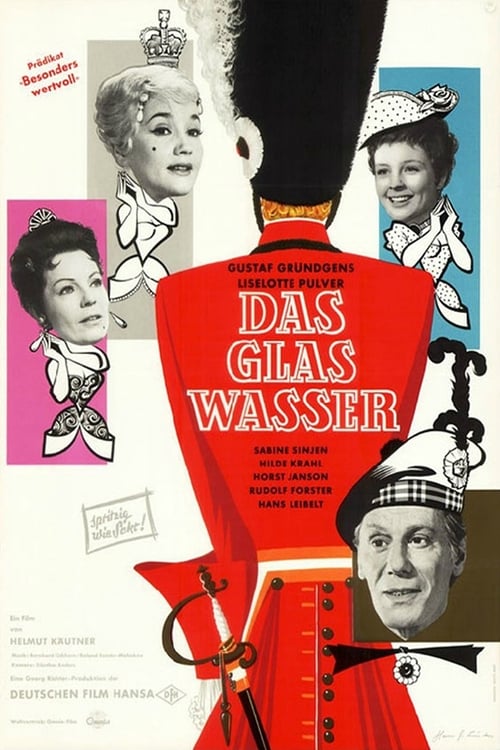
Intrigue and scheming at the court of Queen Anne of England between liberal Lord Bolingbroke and Lady Churchill, Duchess of Marlborough. German comedy after the play of Eugène Scribe.
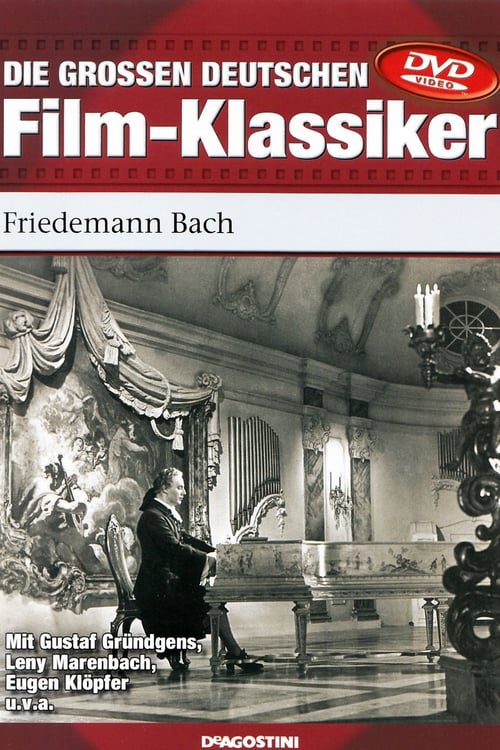
During a house concert, the Bach family gets a visit by their son Wilhelm Friedemann, who has just given up his position in Dresden because he no longer could endure the reprisals of his superiors.
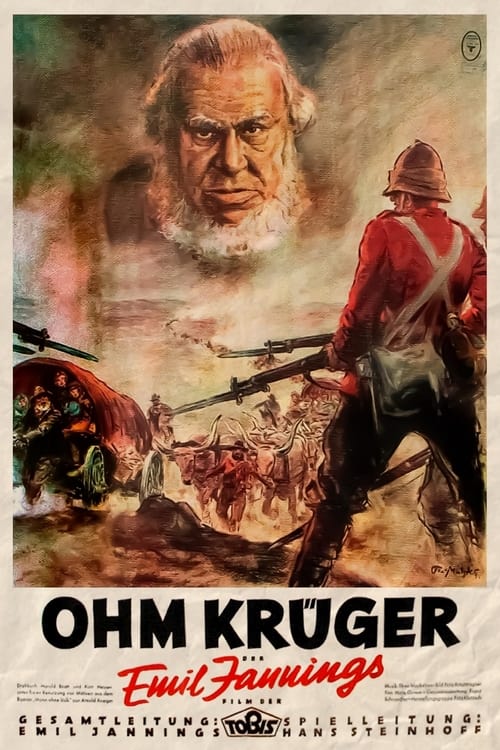
An anti-British propaganda film from Nazi Germany which depicts the life of the South African politician Paul Kruger and his eventual defeat by the British during the Boer War.
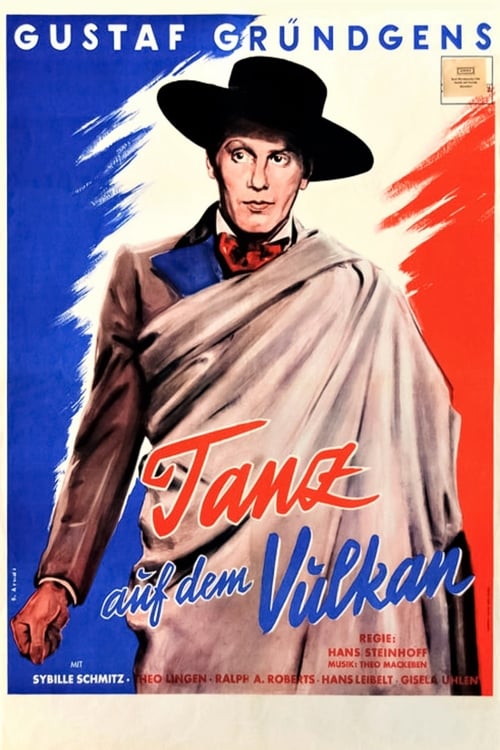
Paris, 1830: Jean-Gaspard Debureau performs on the stage and delights his audience with song, wit and charm. He is, however, very unpopular with King Charles X, who is the target of much of Debureau's scornful jests. That would be a somewhat tolerable situation if it weren't for the fact that Debureau has fallen for a countess, who happens to be the King's mistress.
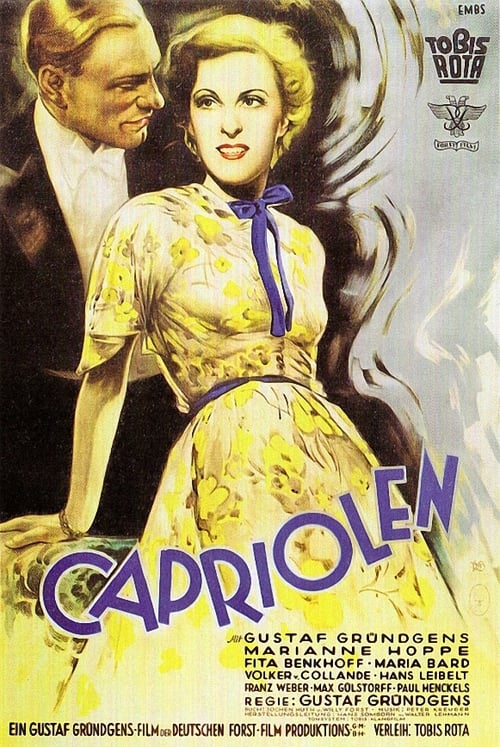
Mabel is a successful pilot who hates sensational media, but falls in love with Jack, a womanizer journalist with conservative views on gender. When the two of them get married, they make a deal: Mabel will cease to fly as long as Jack doesn't interview any more women. But how long can they keep their pact?
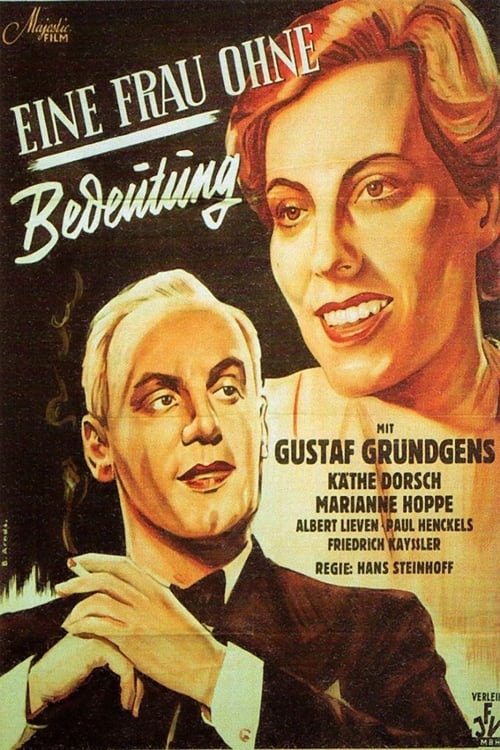
Sylvia, the daughter of the pastor Kelvil, is lectrice to Lady Patricia and gets to know the young Lord Harford. They love one another, but their class differences forbid marriage. There's a sharp argument with the father, who afterwards wants to send the young lord abroad. Then Sylvia is offered money to disappear, unaware that she's already pregnant. 18 years later: Sylvia raised her son on her own as best she could. He is now known as Lord Harford, who, besides having the title Lord Illingworth, also has inherited his father's total estate and has now returned from India. Unaware of their identities, the father and son get to know one another; get into a fight; and the young man challenges the father to a duel. In order to prevent that from happening, the mother must now tell each of them the truth about their identities. The film is based on the theatre piece of the same name by Oscar Wilde.
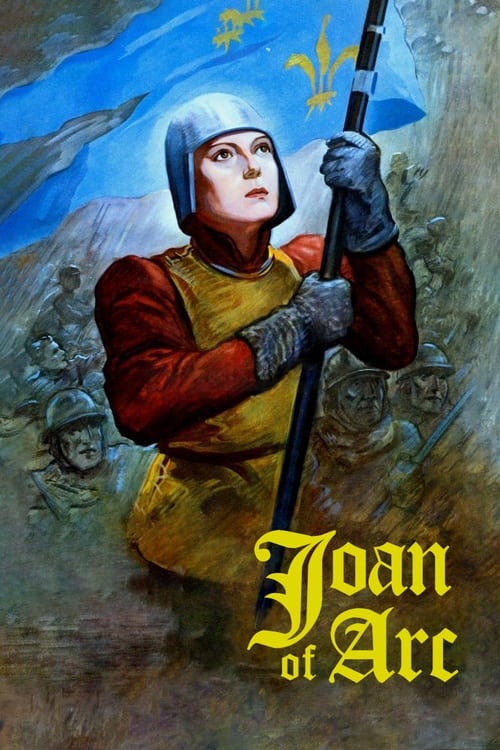
France in the 15th Century: The country is marked by the wars with England and internal power struggles. King Charles sees himself powerless against the state. As emerges from the people suddenly a young woman named Johanna, who claimed that the Archangel Gabriel to be appointed, to save France. First of all doubt the king in their words, but he remembers that the people through this "help of God" is gaining new courage. With the slogan "God and the Virgin!" pulls the revivified victorious army into battle against the English-Burgundian alliance. After Johanna King Charles is crowned at Reims, there breaks the plague over the country in. Now Johanna all the blame on the disaster: God would punish believe in the country for that a heretic; if Johanna were actual a holy, she would deal also with the plague. The waning faith weakens France, England is again on the rise. But Johanna is executed as a witch. Only years later annulled the verdict of the Holy and Johanna explained.
Subscribe for exclusive insights on movies, TV shows, and games! Get top picks, fascinating facts, in-depth analysis, and more delivered straight to your inbox.